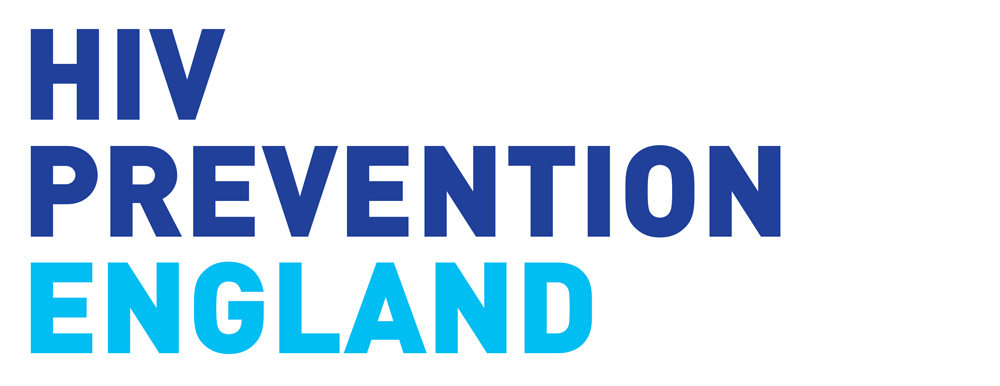Pre-exposure prophylaxis (PrEP) is a new tool in our efforts to stop the transmission of HIV in all affected communities.
PrEP offers almost 100% protection against acquiring HIV and can be easily used by both men and women. It can be used for anal and for vaginal/frontal sex, the two main routes of HIV transmission in the UK.
Many of the tools available to us up until now have relied on one partner ‘agreeing’ to use protection for the benefit of the other partner. With PrEP, anyone can protect themselves without relying on a partner to use a condom.
Data shows that PrEP succeeds in reducing HIV transmission, and that both knowledge about and uptake of PrEP is currently less widespread in non-White gay and bisexual men and Black African heterosexuals.
We have information from two campaigns about PrEP aimed at Black African communities that gives us insight into the knowledge levels, attitudes about and access to PrEP in these communities.
The PrEP and Prejudice campaign 2019
Provided by six grassroots organisations from the Black African community; Africa Advocacy, AAEGRO, African Health Policy Network, Embrace UK, FAWA and House of Rainbow.
The campaign set out to inform and advocate for people from Black African communities about PrEP.
It was identified in focus groups that:
- Two-thirds of participants hadn’t heard about PrEP.
- People were very sceptical about PrEP and its effectiveness.
- There is a lack of messaging about PrEP aimed at Black African communities.
- There are stigmatising messages associated with PrEP.
Feedback concluded that there is a need to:
- Demystify PrEP misconceptions.
- Normalise PrEP as a basic HIV prevention tool.
- Address issues around accessibility to PrEP for Black African communities.
- Address stigma associated with PrEP in Black African communities.
Terrence Higgins Trust’s PrEP Protects campaign 2020
The PrEP Protects campaign set out to inform people from Black African communities about PrEP, and find out more about their thoughts and attitudes to PrEP. The campaign shows us:
- That knowledge levels about PrEP is extremely low among heterosexual Black African populations in the UK, particularly when compared to PrEP knowledge levels in other highly affected groups like gay and bisexual men (or men who have sex with men).
- Because of the low levels of knowledge about PrEP, many Black Africans confuse PrEP with PEP, which is an intervention they do have knowledge about.
- For some Black African people, PrEP is associated with negative personal beliefs about ‘promiscuous’ sexual behaviour and sex work. These negative beliefs can act as barriers to both their own access to PrEP and the access and use of PrEP for other Black African community members they interact with.
- In the ‘PrEP Protects’ PrEP tool results, 0% of Black African respondents said they ‘always’ use condoms.
- In the same results, 53% of Black African respondents said they ‘never’ used condoms and 100% did not know their partner’s HIV status.
- Black African women were the most likely to say they ‘never’ use a condom (60%) yet were the most likely to have a sexual partner from a high HIV prevalence group (76%).
The campaign found that ‘there are very low levels of PrEP knowledge in BA people and misconceptions and confusions about who PrEP could benefit and the difference between PEP and PrEP needs addressing’ and that ‘all of the Black African people that took part and completed the self-assessment tool attached to the study stood to benefit from PrEP.’
Community HIV services and community resources such as pharmacies offer us an opportunity to increase knowledge and uptake of PrEP for Black African people who would benefit from it.
Next: What a person considering PrEP needs to know about starting and taking it
